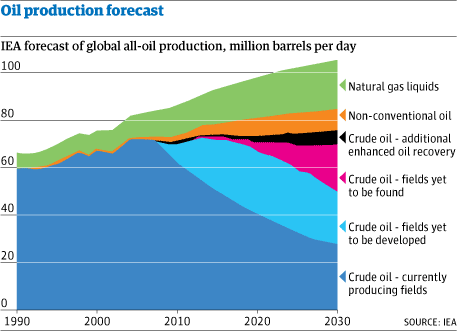Canada's Elizabeth May actually read the stolen/hacked East Anglia climate emails - all 3,000 of them. And what she found was, in her words "We've been had."
"Starting from 1996, these good and decent scientists write to each other... Tough stuff using proxy records to figure out what the temperature was... They wrote each other sharing ideas for handling the records from tree rings. They struggled with how to re-calibrate surface sea temperature records. This was a neat thread. Turns out those navies around the world kept records of the temperature of the sea water before using it in the steam room engines. The temperature records shifted when they stopped using wooden buckets and moved to canvas buckets. Tough work evening out the temperatures so they are comparable."Not very glamorous or exciting, but important work. And very easy for ignorant people to point the finger and say: "You're changing the data!"

